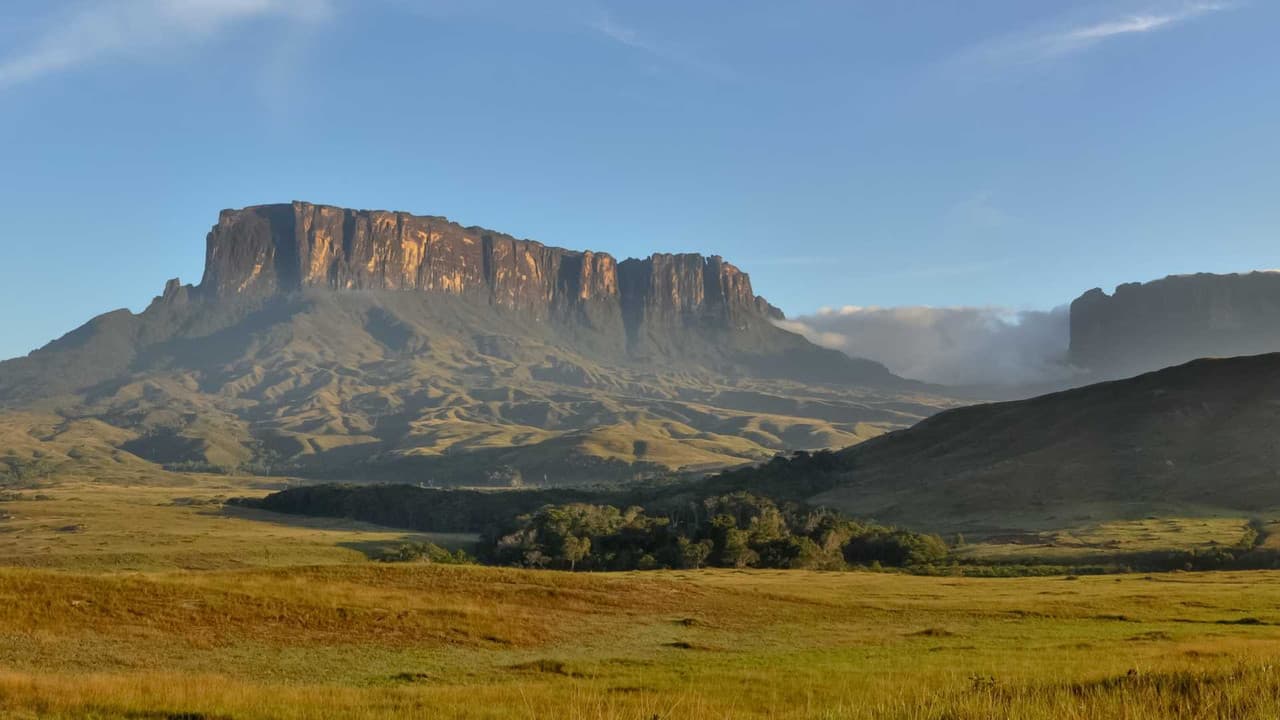Venezuela's labor laws establish clear guidelines regarding working hours, rest periods, and overtime to protect employees' well-being and ensure fair compensation. Employers operating in Venezuela must adhere strictly to these regulations to maintain compliance and avoid potential legal issues. Understanding the nuances of the standard workweek, limitations on daily and weekly hours, and the rules governing overtime is essential for managing a workforce effectively and legally within the country.
Compliance with Venezuelan working time laws involves more than just tracking hours; it requires implementing proper procedures for scheduling, calculating overtime, ensuring mandatory rest periods are observed, and maintaining accurate records. These regulations apply broadly to most employment relationships, though specific sectors or roles may have unique provisions.
Standard Working Hours and Workweek
Venezuelan labor law defines the maximum ordinary working hours per day and week. The standard workweek is typically structured to ensure employees have adequate rest.
- Maximum Daily Hours: The ordinary workday cannot exceed eight hours.
- Maximum Weekly Hours: The ordinary workweek cannot exceed forty hours.
- Workweek Structure: The standard workweek is five days, with two consecutive days of rest.
There are variations for specific types of work:
- Night Work: Defined as work performed between 7:00 PM and 5:00 AM. The maximum ordinary night workday is seven hours, and the maximum ordinary night workweek is thirty-five hours.
- Mixed Work: Involves periods of both day and night work. If the night period is four hours or more, the entire shift is considered night work. If the night period is less than four hours, the maximum ordinary mixed workday is seven and a half hours, and the maximum ordinary mixed workweek is thirty-seven and a half hours.
Overtime Regulations and Compensation
Work performed beyond the ordinary maximum daily or weekly hours is considered overtime. Overtime is strictly regulated and must be compensated at a premium rate.
- Overtime Limits: Overtime is generally limited. An employee cannot work more than ten hours of overtime per week or more than 100 hours per year. Daily overtime is also limited, typically not exceeding two hours per day.
- Overtime Compensation: Overtime hours must be paid at a rate significantly higher than the ordinary wage.
- Overtime worked during the day (between 5:00 AM and 7:00 PM) is compensated at a rate of at least 50% above the ordinary hourly wage.
- Overtime worked during the night (between 7:00 PM and 5:00 AM) is compensated at a rate of at least 50% above the ordinary hourly wage for night work (which is already higher than day work). This effectively means night overtime is paid at a higher rate than day overtime.
Employers must obtain prior authorization from the labor inspectorate to schedule overtime, except in cases of urgent or unforeseen circumstances, which must be reported afterward.
Rest Periods and Breaks
Venezuelan law mandates specific rest periods and breaks to ensure employee health and safety.
- Daily Rest: Employees are entitled to a minimum of one hour of rest and meal break during the workday. This break is typically unpaid and does not count towards the maximum daily working hours.
- Weekly Rest: Employees are entitled to two consecutive days of rest per week, which are paid. These days are typically Saturday and Sunday, but can be different depending on the collective agreement or company policy, provided they are consecutive.
- Paid Holidays: Employees are entitled to paid rest on national holidays. Work performed on mandatory rest days (weekly rest days or holidays) is subject to special compensation rules.
Night Shift and Weekend Work Regulations
Working during night hours or on mandatory rest days (weekends and holidays) is subject to specific rules and higher compensation rates.
- Night Shift: As mentioned, night work has lower maximum ordinary hours (7 hours daily, 35 hours weekly) and is compensated at a higher ordinary hourly rate than day work. The ordinary hourly rate for night work is at least 30% higher than the ordinary hourly rate for day work.
- Work on Rest Days/Holidays: Work performed on mandatory weekly rest days or national holidays is considered extraordinary work and must be compensated at a premium rate. Employees working on these days are entitled to their ordinary wage for the day plus an additional 150% of their ordinary wage for the hours worked. This means the hours worked on a rest day or holiday are paid at 2.5 times the ordinary hourly rate. Additionally, the employer must grant the employee a compensatory rest day during the following week.
Working Time Recording Obligations
Employers in Venezuela have a legal obligation to maintain accurate records of their employees' working hours.
- Record Keeping: Employers must keep a register of daily working hours, including the start and end times of the workday, the duration of rest and meal breaks, and any overtime hours worked.
- Format: The register can be kept manually or electronically, but it must be clear, legible, and accessible for inspection by labor authorities.
- Accessibility: These records must be available for review by employees and labor inspectors.
- Purpose: Accurate records are crucial for demonstrating compliance with maximum hour limits, correctly calculating ordinary wages, overtime pay, and compensation for work on rest days or holidays. Failure to maintain proper records can result in penalties.
Employ top talent in Venezuela through our Employer of Record service
Book a call with our EOR experts to learn more about how we can help you in Venezuela







Book a call with our EOR experts to learn more about how we can help you in Venezuela.
Trusted by more than 1000 companies around the globe



